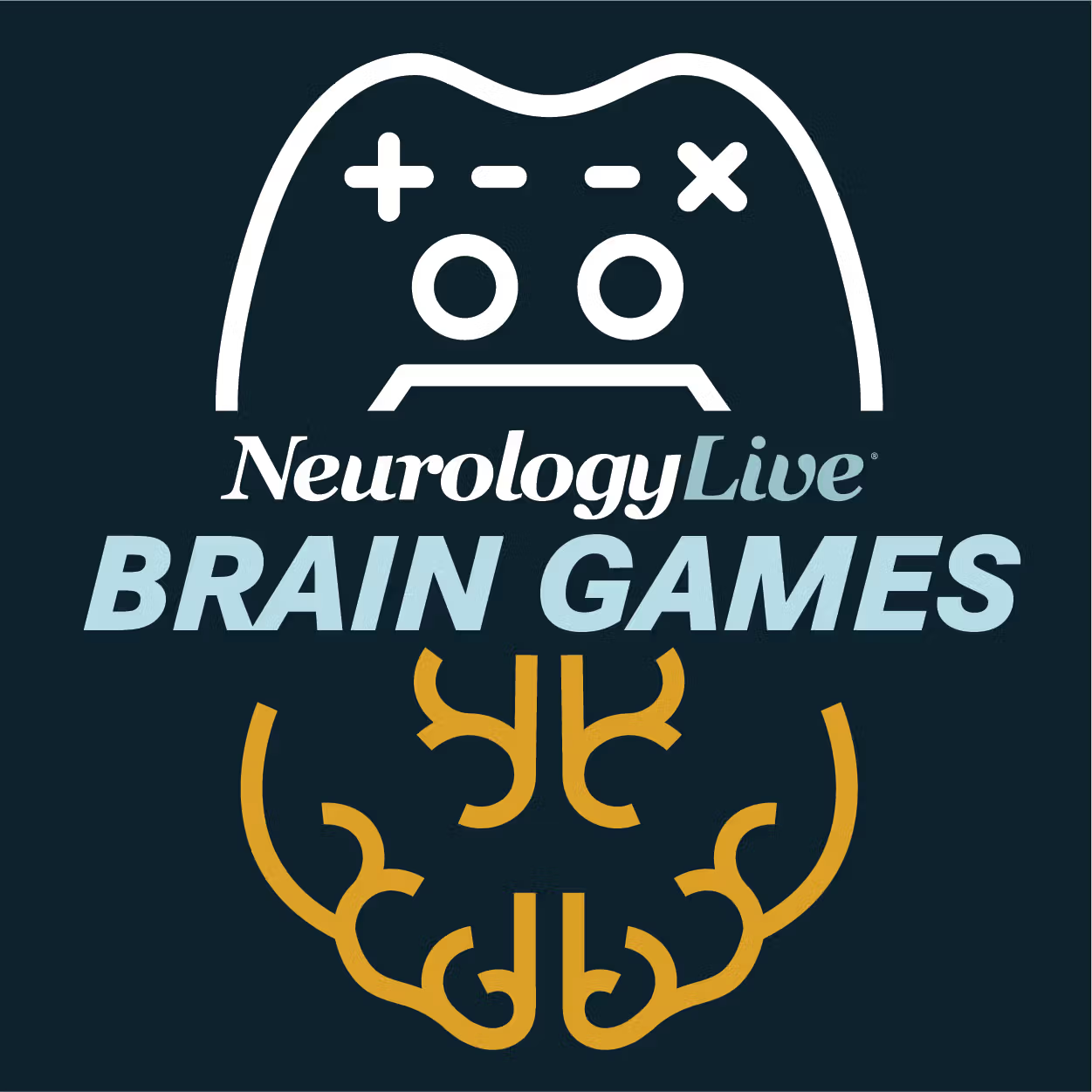Video
The Stigma Associated With Migraine
Author(s):
Amaal J. Starling, MD, of Mayo Clinic, expresses how common and disabling migraine is on patients and comments on the stigma associated with the condition.
Jill Dehlin, RN: Hello and thank you for joining this NeurologyLive® Peers & Perspectives presentation titled, “The Patient-Centered Visit & Shared Decision Making in the Management of Migraine.” I am Jill Dehlin, a registered nurse, certified health education specialist, patient advocate, and a person with migraine. I’m joined today by Dr Amaal J. Starling, a neurologist specializing in migraine from the Mayo Clinic in Phoenix, Arizona, to provide insight to incorporate patient-centered visits into a practice. Welcome, let’s begin. Dr Starling, how common is migraine?
Amaal J. Starling, MD: It is very common. Migraine affects 12% of the US population, so that’s approximately 40 million people in the US that have migraine. It’s more common in women, so it affects 1 in every 5 women. One in 11 children, and 1 in 16 men are affected by migraine. This is a highly prevalent genetic neurologic disease that is also highly disabling. In fact, it is the second most disabling condition worldwide, as indicated by the 2016 Global Burden of Disease Study. The disability is greatest from ages 15 to 49, which is also the time when people are the most productive. This is the time when migraine, unfortunately, is affecting productivity at home with family, at work, and within society. All of these things are disabled and impacted significantly with this highly prevalent, highly disabling disease of migraine.
Jill Dehlin, RN: Given that migraine is highly prevalent and highly disabling, it’s an invisible disease. Let’s talk a little bit about the stigma of migraine and the effects of stigma related to migraine.
Amaal J. Starling, MD: The stigma of migraine results in significant barriers. Now, based on epidemiology studies, there are a number of big barriers that scientists have been able to look at. These barriers include: talking to a doctor about their symptoms, getting the correct diagnosis of migraine, and getting standard of care. There are minimally appropriate treatment options for migraine. There was a recent epidemiology study published in 2019 that demonstrated that less than 12% of people with episodic migraine are actually traversing these 3 health care barriers. Less than 2% of people with chronic migraine which is defined as having 15 or more headache days per month, are traversing or crossing these 3 health care barriers.
Like you said, Jill, for a disease that is highly prevalent and that is so common, this is simply unacceptable. To break down these barriers, we have to talk about why they exist in the first place. So you talked about stigma. What is stigma and how does stigma play a role in these barriers? Stigma is a social construct that unfortunately devalues, delegitimizes, degrades, and discredits individuals with a specific condition. When someone has a specific disease or a condition that is stigmatized, it results in prejudice and discrimination, as well as a loss of status. Not only is this awful and just mean in and of itself, but it has significant effects and impacts on the health of that individual when they’re trying to access health care and when they’re trying to traverse those health care barriers. Migraine is a heavily stigmatized disease, and that is likely the root cause of many of the barriers that are resulting in the poor care for individuals with migraine.
Jill Dehlin, RN: Thank you for watching this Neurology Live Peers & Perspectives. If you enjoyed the content, please subscribe to our e-newsletters to receive upcoming programs and other great content right in your inbox.
Transcript Edited for Clarity




